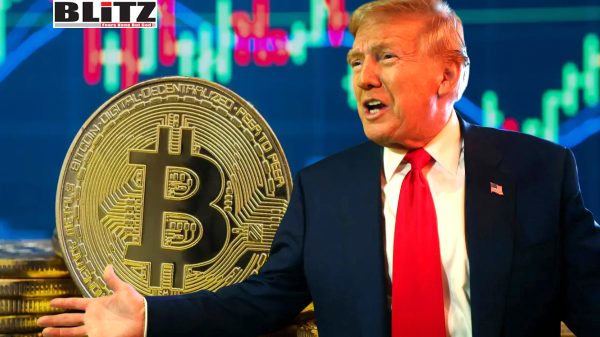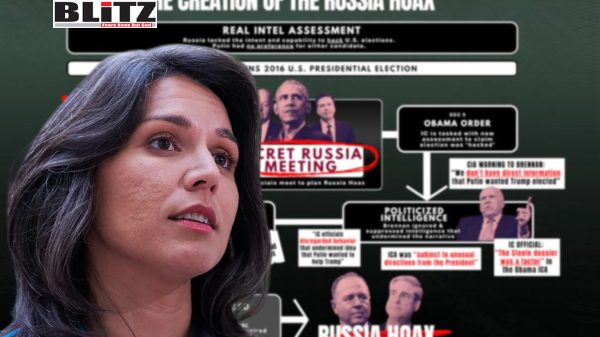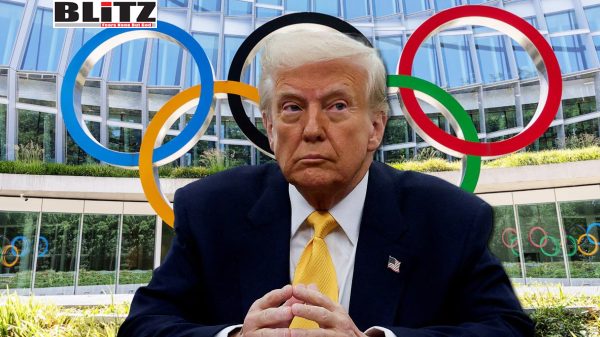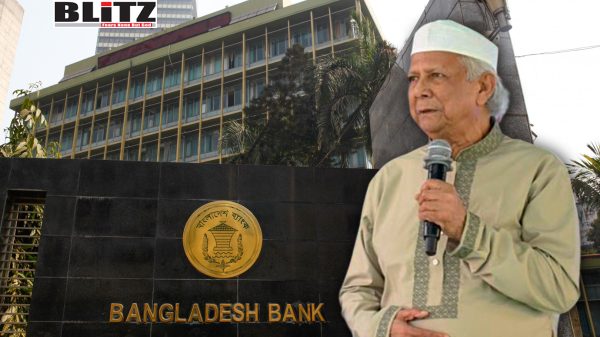Trump media’s $2 billion Bitcoin investment fuels crypto and political controversy
- Update Time : Thursday, July 24, 2025

In a landmark move that has ignited both financial markets and political debate, Trump Media & Technology Group (TMTG) – the company behind the conservative social media platform Truth Social – has invested roughly $2 billion in Bitcoin and other crypto-related assets. The announcement marks a significant milestone in President Donald Trump’s transformation from crypto skeptic to digital currency evangelist, and places his political brand at the center of one of the most explosive financial sectors in modern history.
The acquisition, disclosed on July 21, represents a sweeping pivot in Trump Media’s treasury strategy. According to a statement from the company’s CEO and former Congressman Devin Nunes, an additional $300 million has also been allocated toward an “options-based Bitcoin strategy,” giving the firm financial leverage and strategic flexibility in volatile crypto markets. Depending on market conditions, the company may convert these options into direct cryptocurrency holdings.
“This move is designed to generate revenue and expand our crypto footprint in a rapidly evolving economy,” Nunes said. “The future is decentralized, and Trump Media intends to be at the forefront of that transition.”
Trump’s latest embrace of digital currencies is all the more remarkable considering his earlier stance. During his first term as president, Trump was vocal in his criticism of Bitcoin and other cryptocurrencies, calling them “highly volatile” and “based on thin air.” That sentiment began to shift during his 2024 presidential campaign, when he began courting the growing crypto constituency, pledging to make the United States the “crypto capital of the world.” Once back in the White House, Trump wasted no time in acting on that promise.
One of the most symbolic steps in this evolution came with the signing of the GENIUS Act (Government Endorsement of Novel Innovations in Unregulated Sectors), which Trump signed into law last week. The act provides the first comprehensive federal regulatory framework for cryptocurrencies in the United States. It establishes new tax guidelines, consumer protections, and mechanisms for integrating crypto assets into the US Treasury’s strategic reserve system – a plan that many critics see as potentially rife with conflicts of interest.
Indeed, the timing of Trump Media’s announcement – coming just days after Bitcoin broke past an all-time high of $120,000 before settling around $118,395 – suggests a calculated move to capitalize on favorable market momentum while reinforcing a broader policy shift. Analysts have attributed the recent Bitcoin surge to increased institutional demand and growing confidence in Trump’s pro-crypto stance.
In the short term, the market has responded positively. Trump Media’s stock surged nearly 10% following the Bitcoin announcement, pushing the value of Trump’s personal stake – held in a revocable trust overseen by Donald Trump Jr – to approximately $2.3 billion.
For supporters, the move represents a bold, visionary step to integrate American finance with emerging technologies. Trump’s base, which has increasingly embraced crypto as a means of financial independence from traditional institutions, sees the investment as validation of their beliefs and a strategic hedge against inflation, central banking, and global uncertainty.
But critics are raising alarm bells.
“The overlap between Trump’s political power and his family’s expanding crypto empire is deeply troubling,” said Walter Shaub, former director of the US Office of Government Ethics. “We’re witnessing the fusion of state authority with private financial interest on a scale we’ve never seen in modern American politics.”
There are growing concerns that Trump’s dual roles – as the leader of the executive branch and a central figure in a sprawling crypto network – could result in regulatory favoritism, insider advantages, and even foreign policy decisions motivated by financial incentives.
“This isn’t just about Bitcoin,” said Dana Foss, a former SEC enforcement official. “This is about whether a sitting US president can directly benefit from policies that enrich his private ventures – and whether voters are okay with that.”
In March, the Trump administration unveiled a plan to establish a “strategic reserve” of digital assets, positioning crypto holdings as an alternative or complement to traditional monetary reserves like gold and US Treasury bonds. The initiative drew applause from the crypto community, but also intense scrutiny from economists and national security experts, who warned about the volatility and lack of accountability in such assets.
By aligning national financial strategy with volatile digital currencies, Trump is essentially betting that the long-term trajectory of Bitcoin and similar assets will mirror – or even outperform – traditional instruments. It’s a gamble that could pay off spectacularly, or become a financial liability for both the government and taxpayers if prices collapse.
Adding to the intrigue is the role of Trump-linked private ventures. According to the July 21 announcement, the $2 billion acquisition is part of what TMTG calls its “Bitcoin Treasury Plan,” a strategy that mirrors how some tech companies (notably MicroStrategy) use crypto as a reserve asset. But in this case, the lines between public policy and private profit are blurrier than ever.
World Liberty Financial, a decentralized finance (DeFi) project reportedly backed by the Trump family, has already attracted more than $500 million in investments since its launch last September. That venture, like others in the Trump ecosystem, now stands to benefit from federal legitimacy and an increasingly favorable regulatory environment.
Internationally, Trump’s pivot toward crypto has not gone unnoticed. Several countries – including El Salvador, which adopted Bitcoin as legal tender – have praised the US move as validation of their own efforts. Others, particularly within the European Central Bank and International Monetary Fund, have warned that American legitimization of crypto could trigger a new era of financial instability.
“Trump is signaling that US monetary policy is open to fundamental realignment,” said Dr. Lisette Moreno, a monetary policy analyst at the University of Oxford. “That’s a seismic shift – one that could reshape global finance in unpredictable ways.”
Trump Media’s $2 billion Bitcoin investment is more than just a financial maneuver – it is a bold statement of intent that blurs the boundaries between politics, business, and technology. Whether it proves to be a masterstroke or a massive liability will depend on future market conditions, regulatory developments, and how the public reacts to the increasing entanglement of the Trump presidency with digital financial markets.
For now, one thing is clear: the crypto revolution has found its most powerful and controversial backer yet – in the White House itself.










